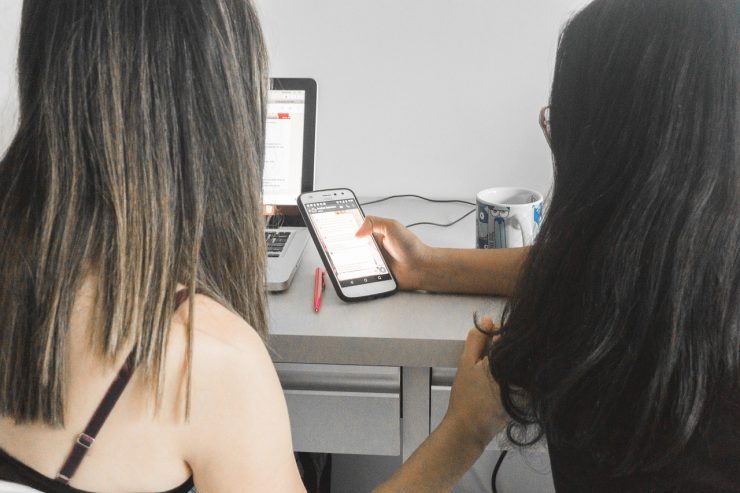Learning about our Facebook friends can sometimes reveal more than we bargained for: from mundane details like their dinner choices (yawn) to intriguing tidbits about their companions (fascinating), to the inevitable political and religious tirades (exasperating). Unfriend! — and then what?
The decision to sever ties online mirrors real-life dynamics but comes with its own set of complexities. Sandra, feeling overwhelmed by the antics of her so-called “besties,” decided to cull her Facebook friends list, only to regret it swiftly. Some of those unfriended remained within her social circles, leading to awkward encounters. Attempting to rekindle those connections proved fruitless as her invitations were rebuffed. “It felt like a regression to high school,” lamented Sandra.
In the realm of friendships, natural drifting apart is common and typically met with warmth upon reunion. However, unfriending someone on social media carries a weightier implication akin to saying, “I don’t like you, your views, or your presence in my digital space — farewell.” This abrupt disconnection can sour future interactions. Yet, when faced with an annoying Facebook friend, most opt for inaction.
Social Consequences of Unfriending
Research from Nottingham Trent University suggests that users endure online bullying for the same reason they did in school: fear of social exclusion. Remaining connected with troublemakers becomes a social imperative, even if it means tolerating negativity.
Dr. Sarah Buglass, from Nottingham Trent University, highlighted the broader implications of unfriending, extending beyond virtual realms. Fear of straining offline relationships deters individuals from cutting digital ties, perpetuating online associations with problematic individuals.
The Unfriended Profile
Although Facebook doesn’t notify unfriended users, they may notice your absence from their friends’ list and newsfeed. While some resort to third-party apps for notifications, the absence becomes apparent upon visiting your profile, replaced with an “add friend” option. This digital gesture can breed discomfort, prompting caution in handling such severances.
Think Before You Click
Unfriending, unfollowing, or blocking should be a last resort, particularly with real-life connections. Thoughtless actions online can lead to real-world repercussions. Studies show negative emotional responses to being unfriended, especially when initiated by close contacts. Considerate navigation of online relationships can mitigate potential harm.
Alternatives to Unfriending
Instead of severing ties, consider adjusting visibility settings or categorizing contacts. Hiding posts or tagging acquaintances can curate a more positive experience without risking social fallout. Utilize Facebook’s privacy tools to tailor interactions, ensuring a healthy online environment.
Prioritize Your Wellbeing
In the age of heightened awareness around mental health, prioritize your safety and comfort online. If interactions breed discomfort or anxiety, don’t hesitate to take action. Blocking, reporting, or limiting exposure to harmful content is paramount for maintaining a positive digital presence.
Spring Cleaning Your Friends List
Embrace the practice of “spring cleaning” your friends list to streamline digital interactions. Remove extraneous connections to foster a more meaningful online experience. Remember Dunbar’s Number, emphasizing quality over quantity in maintaining relationships.
Ultimately, prioritize your happiness over potential offense. Cultivate a positive online environment conducive to your wellbeing. Utilize platform features to curate a supportive digital space, free from negativity and comparison.











